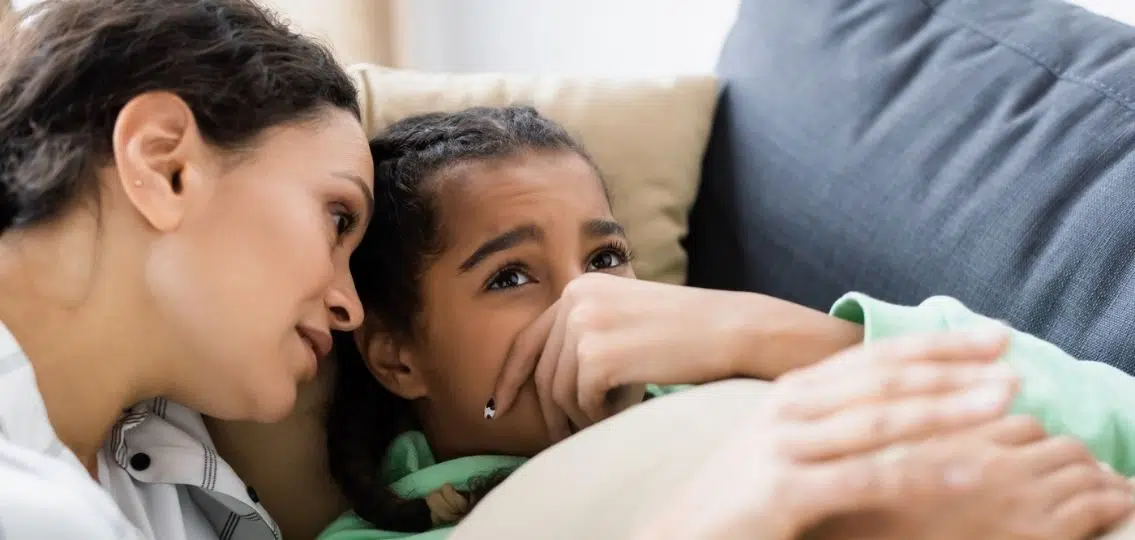Question:
“My 17-year-old daughter has ADHD and was recently diagnosed with bipolar disorder. I’m struggling because I don’t know how to deal with her instability. How do I address this without her thinking I am spying on her or that I don’t trust her?”
Answer:
In an earlier article, we discussed how to get your daughter to buy in to you helping her manage her diagnosed disorders. In this article, we’ll discuss how to manage her care.
Fortunately, many people find they can manage their mood disorders with the help of medical professionals through prescribed medications, psychoeducation, and skills training. You can support her at home by giving her opportunities to put into practice what she learns in therapy, and by helping her make lifestyle changes, too. I recommend you develop and execute a plan that includes both medical and at home care to help stabilize her moods.
ADHD and Bipolar Treatment and Support
Find medical professionals who deliver the specialized care your daughter needs.
A psychiatrist may prescribe ADHD medication that can help manage your daughter’s concentration and attention, and bipolar medication that can help regulate her mood swings. A talk therapist can help your daughter develop insight into bipolar illness by discussing, for example, her feelings about taking medication and any side effects. A behavioral therapist offers tools and techniques your daughter can learn to use so that she can self-regulate when she’s triggered and feeling affected. With all of these medical professionals, you’ll want to make sure they’re communicative and that your daughter feels like they’re a “good fit.”
At home, follow structures and routines that incorporate the behavioral skills, tools, and techniques learned in therapy.
In therapy, your daughter will learn, for example, to identify triggers that make her mood unstable and to label difficult affects. She’ll learn to use techniques such as breathing and meditation to calm her mind. She’ll also learn to make and follow an emergency plan such as texting a therapist or trusted adult in stressful situations. A further step would be lifestyle edits, like establishing regular sleep-wake cycles, exercising regularly, and eating a healthy diet. Home care is important in managing bipolar disorder, alongside regular appointments with physicians and therapists.
Communication Is Key
Remember to periodically check in with her doctors and therapists, and her school to see if the treatment plan is working well for her, and whether she’s compliant or needs more support following treatment recommendations and protocols. Most importantly, check in with your daughter. Allow for open discussion of her feelings and listen when she says she needs more help. Also pay attention to when she doesn’t talk. No matter what your daughter says or doesn’t, don’t be deterred from taking her psychological pulse and doing it often. Regular safety assessments are crucial, especially when her diagnosis and treatment are new. Follow the psychiatrist’s or therapist’s suggestions for at home check-ins. If you hear about active thoughts of suicidality, your first calls should be to your daughter’s psychiatrist and 911. Call National Suicide Prevention’s hotline at 800-273-8255 when you need support.
Many people successfully manage adolescent bipolar disorder with a good team in place, and by following these recommendations for medical and home care I’ve outlined here. Hopefully, I’ve given you some helpful advice that makes it easier for you to develop and execute a plan that includes both medical and at home care and after taking these steps you realize you don’t have to do all this on your own.
